Low Impact Development for Residents
Runoff (stormwater and non-stormwater runoff) from homes can pick up pollutants (such as yard debris, trash, pet waste, pesticides, and more) and flush it all into our waterways, impacting the environment and recreation at our beaches. Proper use of Low Impact Development (LID) techniques can reduce the runoff flowing from homes.
The key to LID is simple – keep water from leaving a site or property by slowing the flow, retaining water onsite, and encouraging infiltration.
Rainwater Harvesting And Reuse
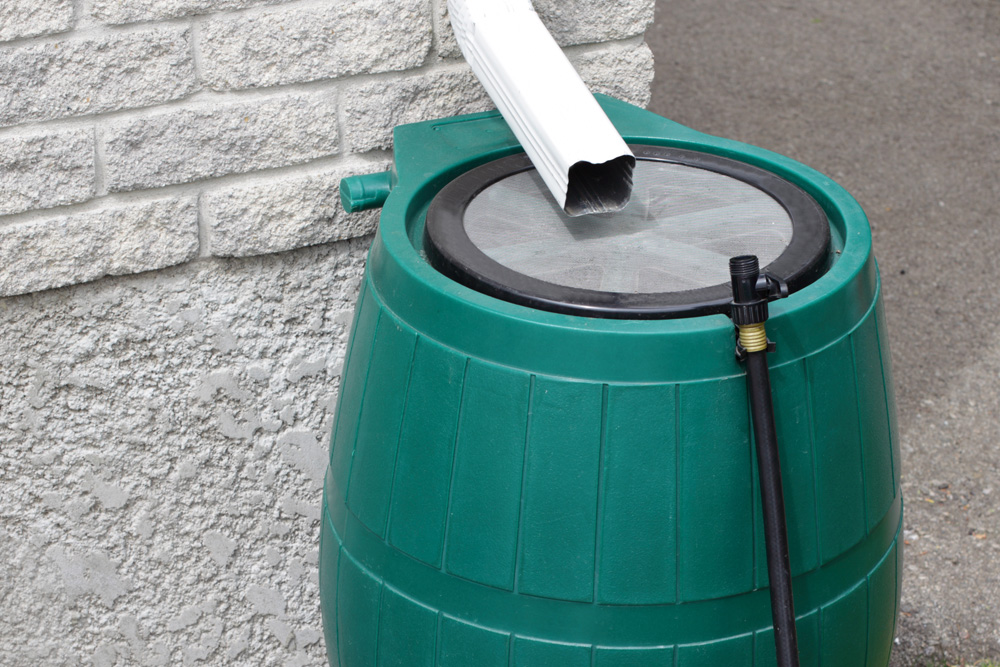
Rain Barrels
Rain barrels capture rainwater flow from roofs for reuse in landscape irrigation. When purchasing your rain barrel, make sure it includes a screen, a spigot to siphon water for use, an overflow tube to allow for excess water to run out, and a connector if you wish to connect multiple barrels to add capacity of water storage. Prevent mosquito growth in and around your rain barrel by ensuring all entry points are tightly sealed.
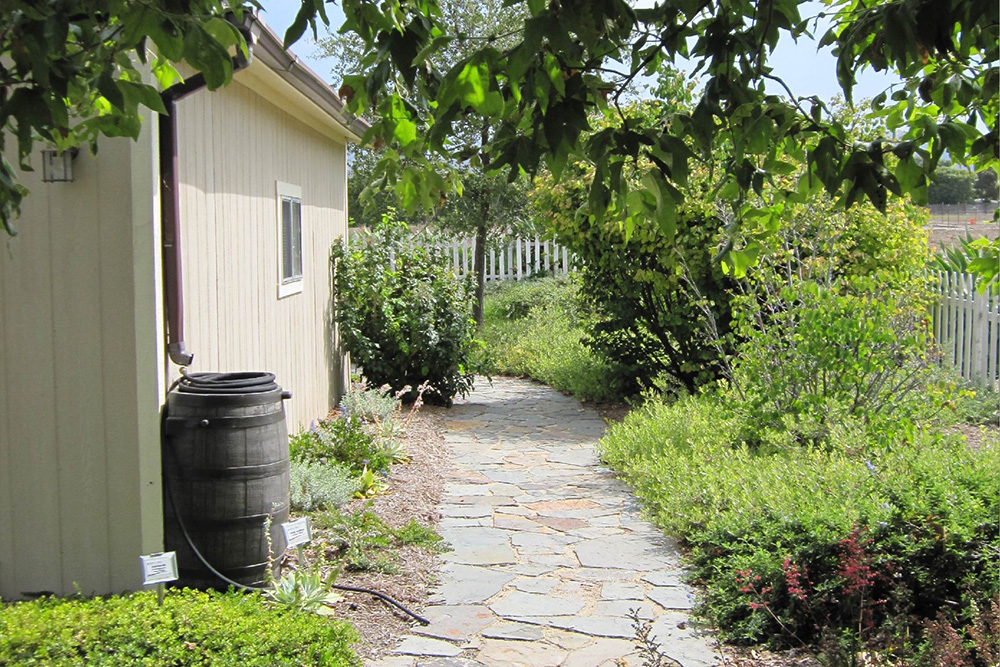
Downspout Disconnection/Redirection
Disconnecting downspouts from pipes running to the gutter prevents runoff from transporting pollutants to the storm drain. Once disconnected, downspouts can be redirected to rain gardens, vegetated areas, or connected to a rain barrel.
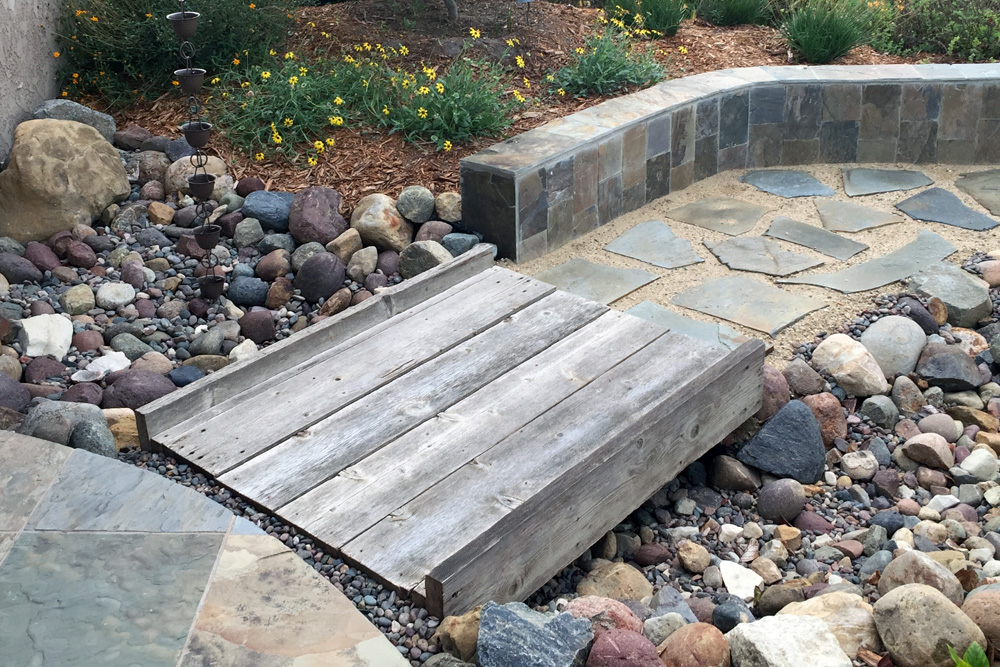
Rain Gardens
Rain gardens allow runoff to be directed from your roof downspout into a landscaped area.
The vegetation and rocks in the garden will slow the flow of water and allow for soil infiltration. By using native plants that are adapted to the semi-arid climate of Southern California, a rain garden will absorb pollutants, be maintained all year with minimal additional irrigation, and reduce your water bill. Before modifying your yard to install a rain garden, please consult your local building and/or planning departments to ensure your garden plan follows relevant building codes and ordinances.
Water Conservation And Pollution Prevention Techniques
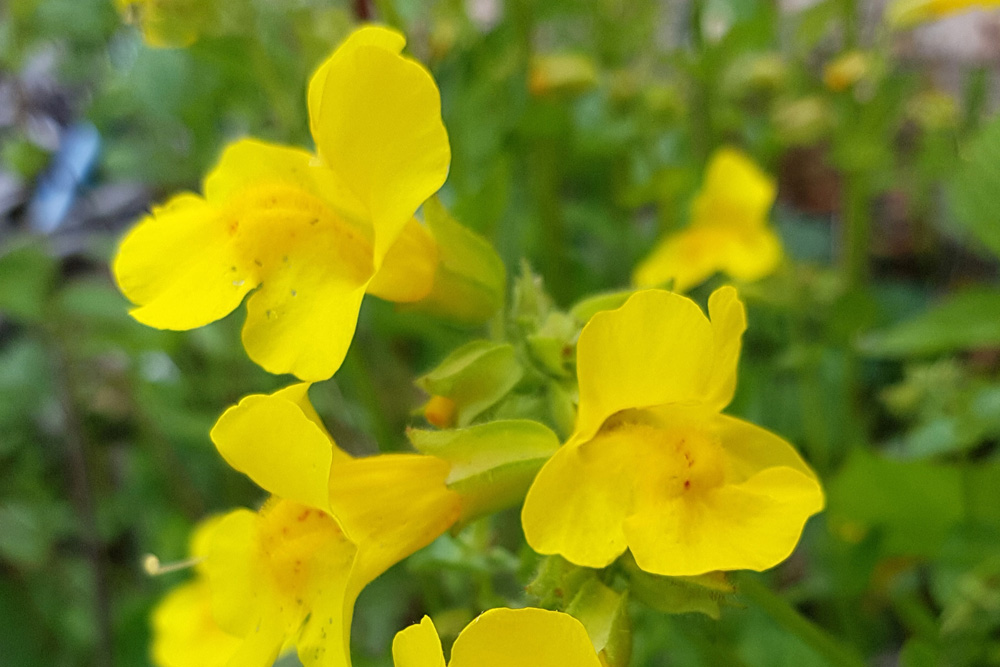
Native Vegetation and Maintenance
OC Garden Friendly plants or native vegetation can significantly reduce water use. These plants often require far less fertilizers and pesticides, which are two significant pollutants found in water runoff. Replacing water “thirsty” plants and grasses with water efficient natives will save water and reduce the need for potentially harmful pesticides and fertilizer.
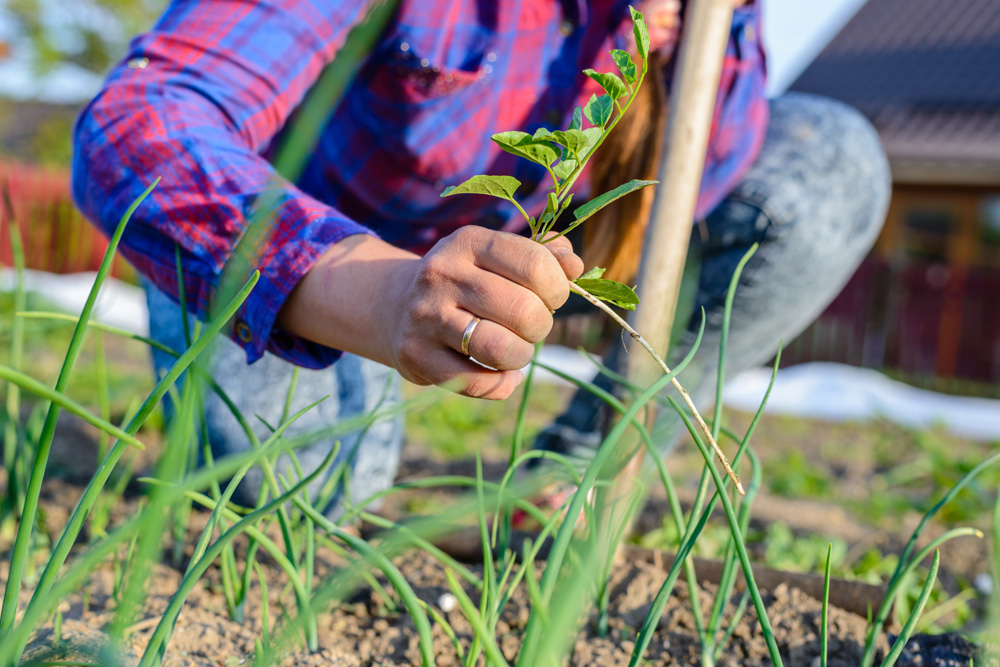
Weed-Free Yards
Weeds are water thieves. They reproduce quickly and rob your yard of both water and nutrients. Weeding by hand reduces the need for herbicides to control the weed population. If herbicides are required, use only the recommended amount and never use within 48 hours of forecasted rain.
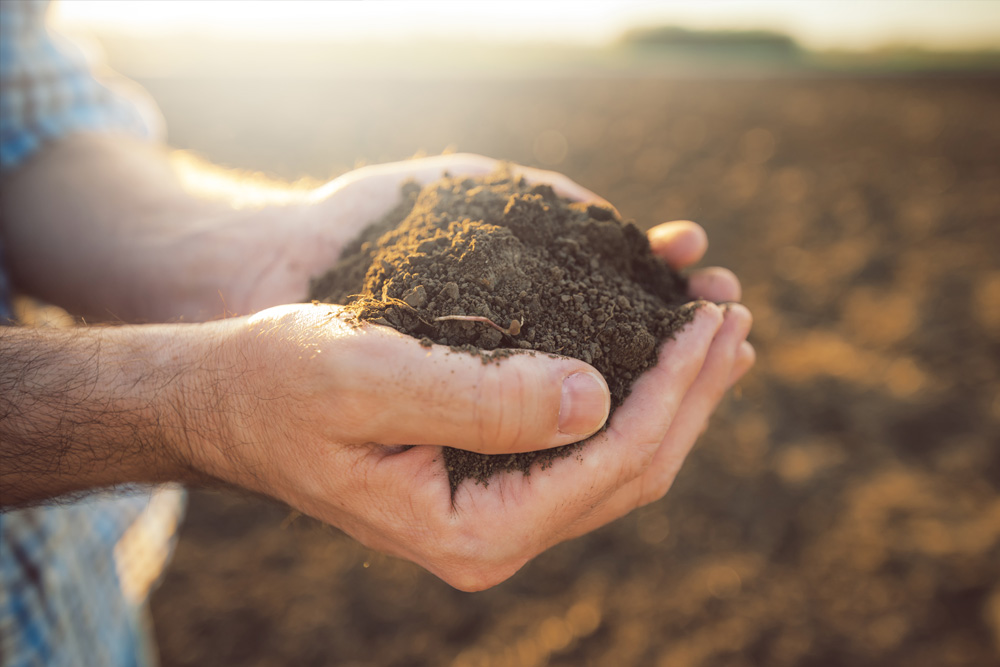
Soil Amendments
Soil amendments such as green waste (e.g. grass clippings, compost, etc.) can be a significant source of nutrients and can help keep the soil moist. However, if they get into our waterways they can cause algal blooms, which reduce the amount of oxygen in the water and impact most aquatic organisms. To prevent algal blooms, never apply soil amendments within 48 hours of forecasted rain.
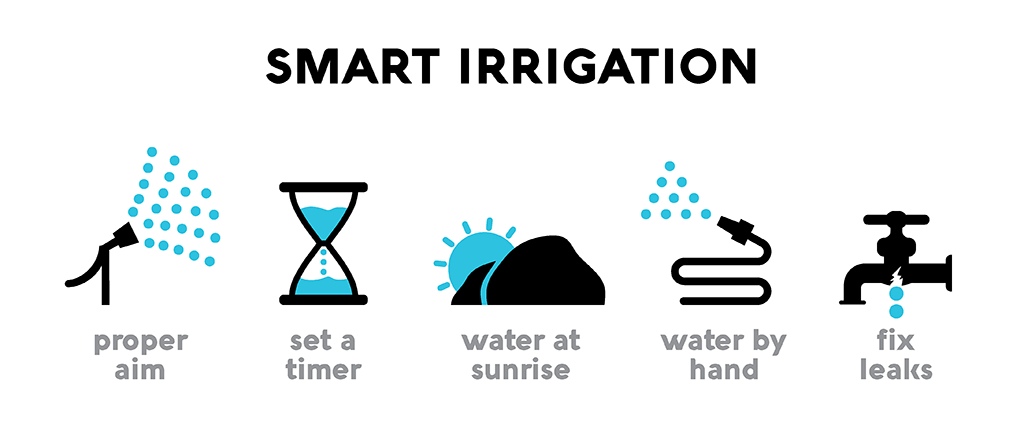
Smart Irrigation
Proper aim
Test your sprinklers and adjust their direction to avoid spraying on sidewalks. This will prevent polluted runoff, keep your lawn healthy, and reduce your water bill.
Set a timer
Lawns will quickly absorb the water they need to stay healthy. Time your sprinklers to run for only a few minutes to prevent “overwatering” that can lead to local flooding and polluted runoff.
Water at sunrise
Water your lawn in the early morning to reduce water loss from evaporation.
Water by hand
Consider watering your yard by hand to ensure all plants get the proper amount of water and to prevent “overwatering” that can lead to local flooding and polluted runoff.
Fix leaks
Fix sprinklers and other outdoor water leaks immediately. If your garden hose is leaking, replace the nylon or rubber hose washer and ensure a tight connection. This will help prevent contributing to the one trillion gallons of water wasted each year nationwide due to leaks.
More Information
H2OC collaborated with the Municipal Water District of Orange County (MWDOC) and the University of California Cooperative Extension Program (UCCE) to develop tips for LID for existing residential areas. Using these LID tips can help reduce pollution in our environment, conserve water, and reduce your water bill. Additionally, H2OC is providing landscape improvement rebates to businesses via our RainSmart Rebates Pilot Program. Click here for more information.
For more ways to adapt your yard to reuse rainwater and reduce polluted runoff, check out our Pollution Prevention for Residents resource.